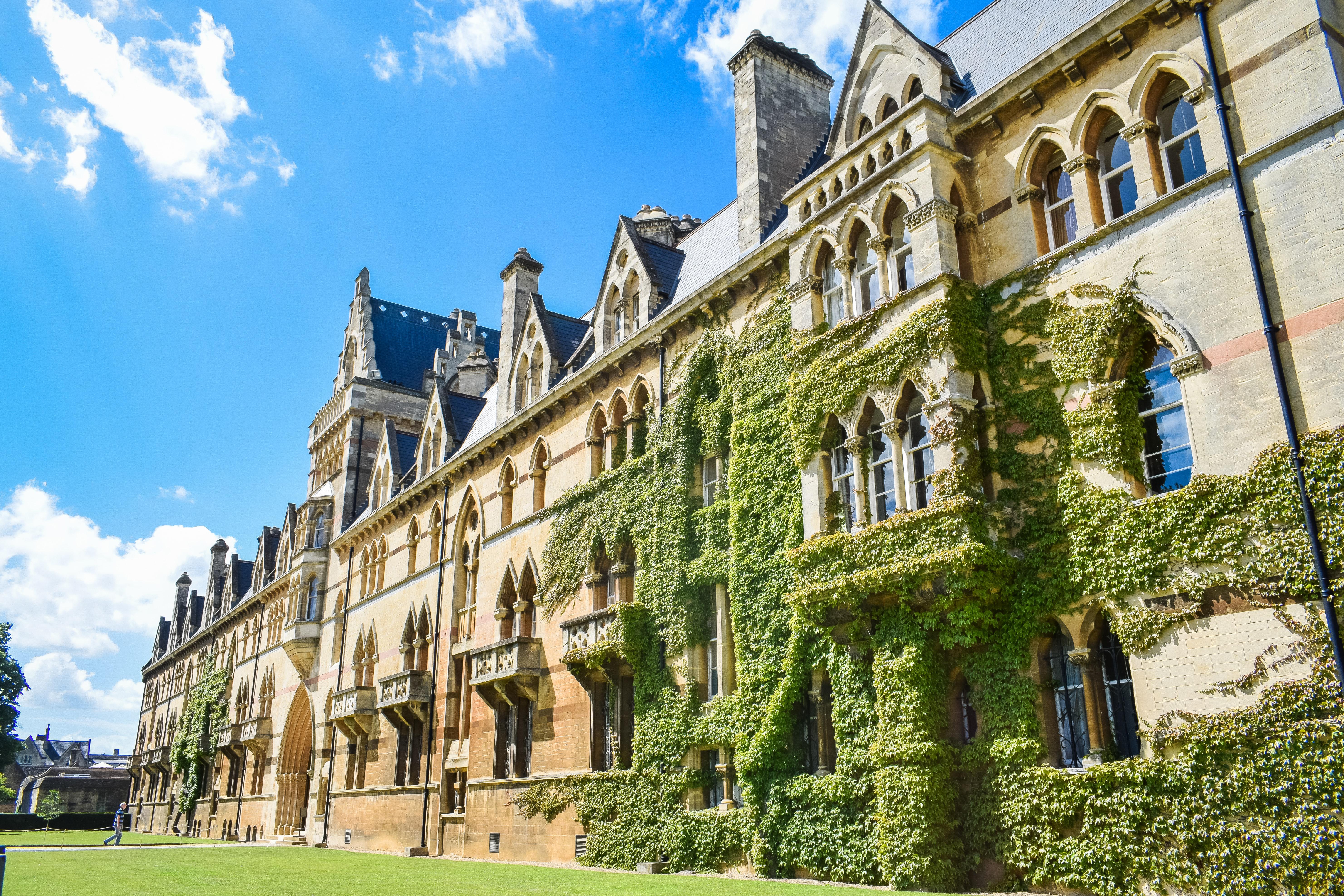As President Obama leaves the White House, the post-mortems on his term and predictions on his legacy are starting to emerge. Particularly, what did Obama do for race politics in America – did he turn out to be the beacon hope liberals saw, or the expensive liability handing out reparations and redistributing power, as some conservatives feared?
Journalist Jelani Cobb notes that, in hindsight, the former was naïve and the latter paranoid. Obama proved to be somewhat moderate and often reluctant to directly engage in issues of race, but the gesture of having an African American in the highest office in the country brought race to the foreground in a way that no one anticipated. Even if he lacked direct action himself, Obama’s presidency reverberated and mobilized grassroots activists; it gave confidence to the black and liberal communities, which had previously been publicly insecure and unsupported. Perhaps Black Lives Matter would have emerged under a white president – it’s impossible to say. But with Obama in office, the movement carried (and still carries) a relevance and received a national platform that made people outside just the affected community take note. Symbolically, if not substantively, Obama’s race legacy is colossal.
The national conversation about race is happening, but there’s a lot missing from it, says Cobb. He notes that when we talk about race it’s in an emotional context, expressed as a cultural mythology or a social anxiety stemming from mistrust between communities, and that it could potentially all be solved by just looking at each other as humans. It would almost be easier if it was just a case of mistaken approaches between individuals; individual viewpoints can change in an instant – with one book, a good teacher, a single interaction. Systemic repairs takes much longer.
The issues at the root of racial tension today are the byproducts of institutionalized racism like slavery, segregation, economic discrimination – all of which happened willfully and intentionally to serve one party’s interests, not by some accident of misunderstanding. Cobb points to the events in Ferguson, Missouri in 2014: “It wasn’t simply a matter of implicit bias or stereotypes or… well-intentioned individuals whom happen to have arrested or pulled over more African Americans than whites. We saw that there was an institutional structural approach to particular communities that were being fleeced by a police department. And so we can find those kind of dynamics again and again and again.”
Jelani Cobb is a staff writer at The New Yorker. His latest book is The Substance of Hope: Barack Obama and the Paradox of Progress.
Jelani Cobb: President Obama’s administration has brought about change. I don’t think that can be debated. There is everything from the symbolic to the substantive levels of what it would mean to have an African American president. And I think at the same time there have been changes that were unanticipated that came as a consequence of his presidency. And so when we talk about the initial moment of his launch into as a national political figure which was in that 2004 speech, convention speech in Boston. He began that by saying there’s not a black America or white America or a Latino America but there’s the United States of America. And that was entirely untrue, you know. They were vastly different realities that very often corresponded to race or were at least significantly correlated with race and ethnicity. Or at least were significantly correlated with race and ethnicity. And so what we’ve seen over the course of his two terms has been a means by which or period in which has been increasingly visible. You know the distinctions that we see as citizens based upon these elements of identity, who we are and where we’re from and what kind of communities we live in and what our racial ethnic background is. Those things have come to the foreground and I don’t think that you could possibly have anticipated the extent to which they have done so.
And so when we look at, you know, Black Lives Matter and how it emerged one it seemed kind of paradoxical that for half a century African Americans had been struggling specifically around the voting rights act to get increased political electoral representation. And at the point at which we’re represented at the pinnacle of American political power it reverberates and there’s kind of a boomerang effect and we wind up with a revitalized grass roots movement of people who don’t necessarily trust political power and people who are outside the establishment and people who were attempting to kind of move the levers of political power to the advantage of disempowered communities. And one would have thought I guess in a kind of naïve perspective on Barack Obama’s presidency you would have thought that those things would not have been necessary. Certainly some of his critics thought that he was going to govern in such a radicle way that it was going to be reparations handed out in the first week for African Americans and he’s been very moderate and centrist and often reluctant to directly engage issues of race. And I think that’s where some of the frustration had come from the younger generation of activists. And they took his moderation as being in some instances inadequate to the task at hand.
I think that there’s a lot that’s missing from the public conversation about race. When we talk about race we most often confront it as an emotional reality or this kind of subject of social anxiety or something in which we go oh, you know, we’re really all the same and it’s a ridiculous idea that we separate ourselves in this way which is true. But it’s also a very facile way of approaching that question because on a more fundamental level race is a mythology but is also a very useful myth. And that’s the only way it’s been able to endure for as long as it has, particularly in the United States. And so what I mean by that is we look at things now when we talk about race we tend to say that there’s a level of, you know, mistrust or there’s stereotypes or misunderstandings and we have these problems and we should all just look at each other as humans. But the fact of the matter is that things like slavery and segregation and economic discrimination, these things happen willfully. They weren’t the result of kind of haphazard mistaken approaches to people who happen to be different from you. And so it means that we don’t simply have to dispel mythology. It means we have to actually grapple with people having concrete interests that may be different than the interests of other communities.
And so it’s not simply implicit bias in policing that has resulted in disproportionate numbers as we saw in Ferguson. It wasn’t simply a matter of implicit bias or stereotypes or good intentioned, well intentioned individuals whom happen to have arrested or pulled over more African Americans than whites. We saw that there was an institutional structural approach to particular communities that were being fleeced by a police department. And so we can find those kind of dynamics again and again and again. And so when we talk about race it’s going to be much more intractable than simply ridding ourselves of maybe some mistaken ideas that have rattled around in our heads for some time.






